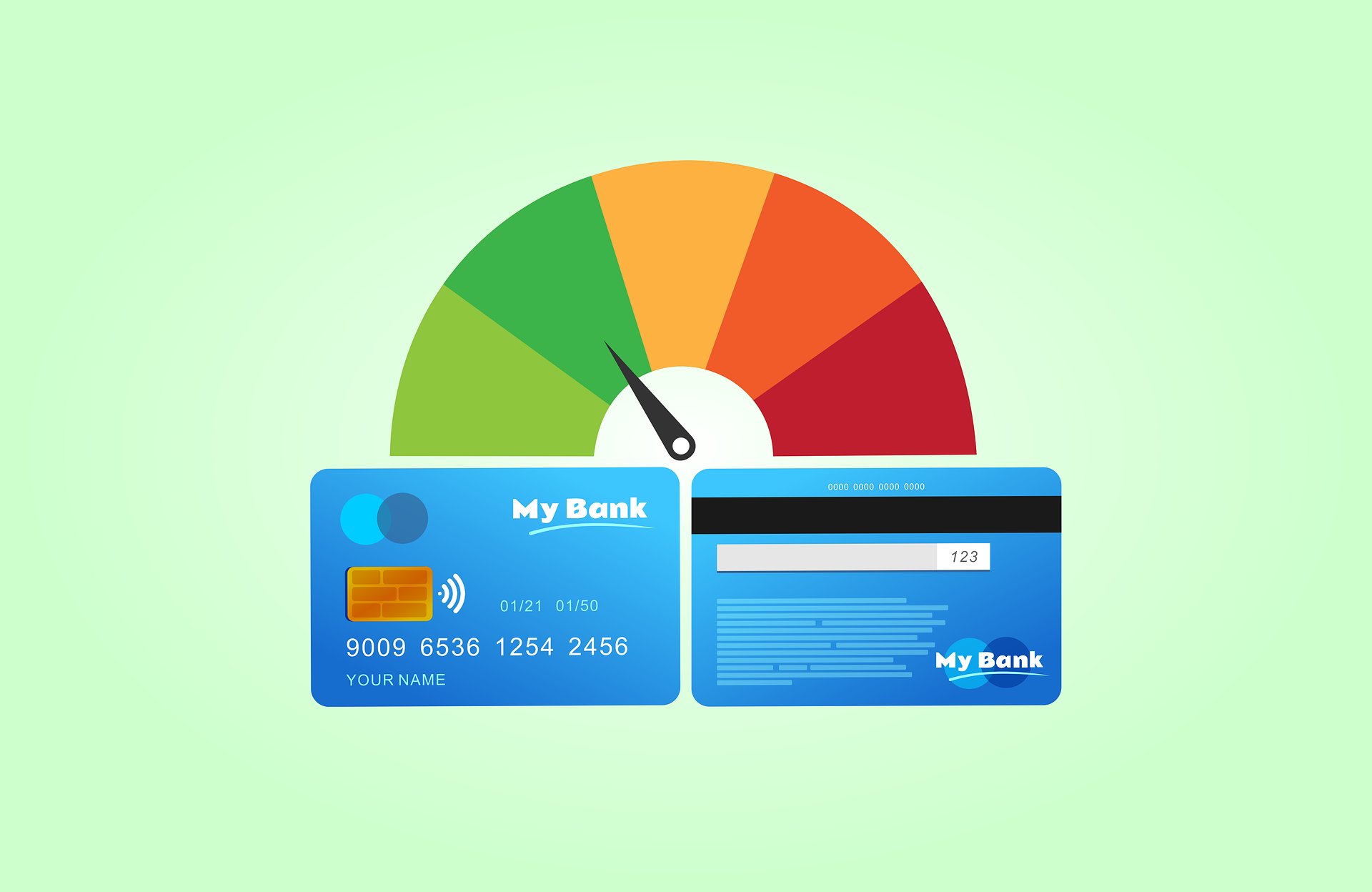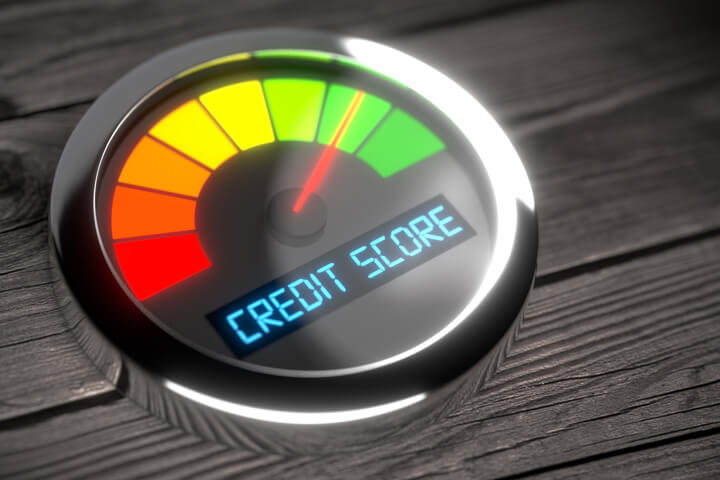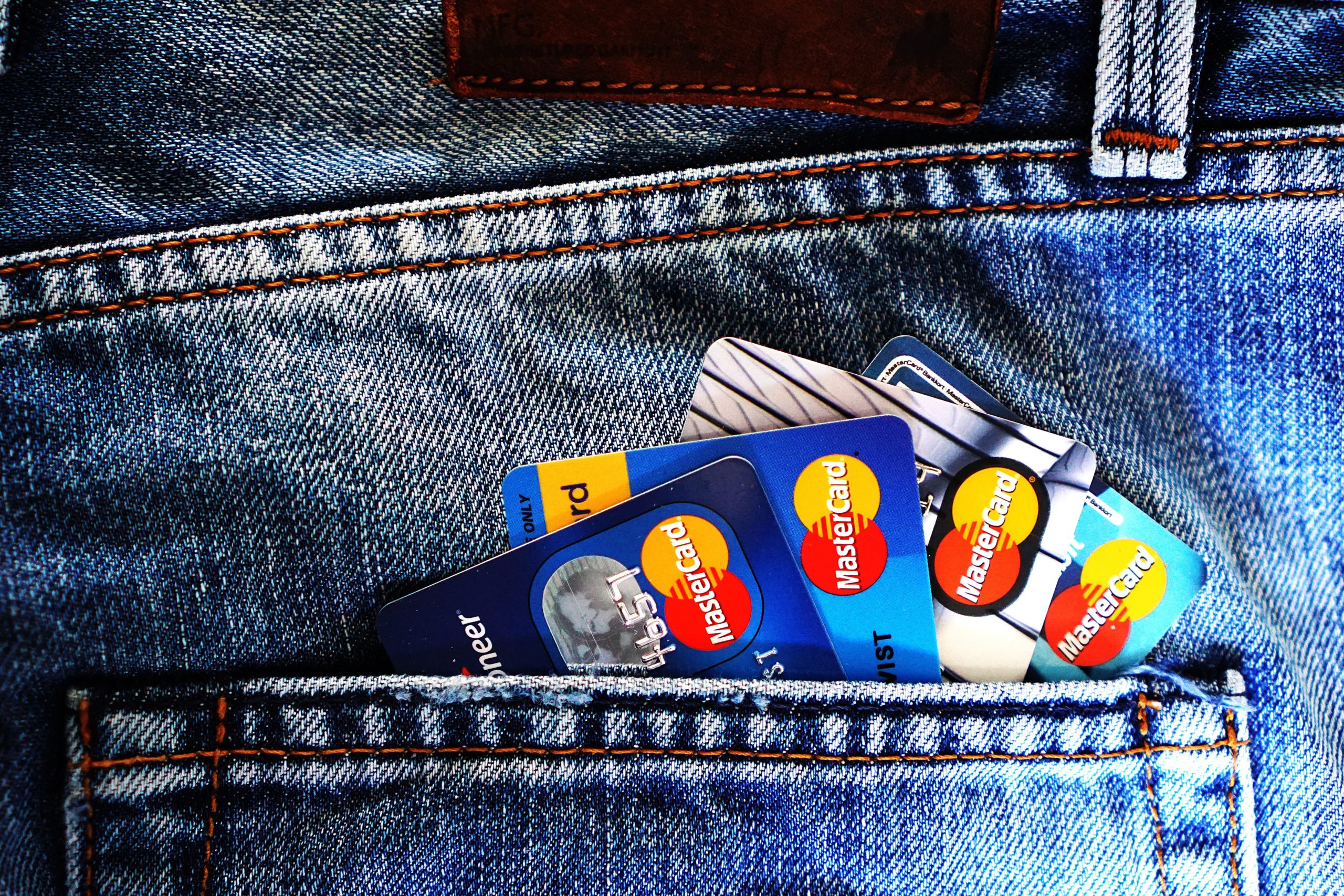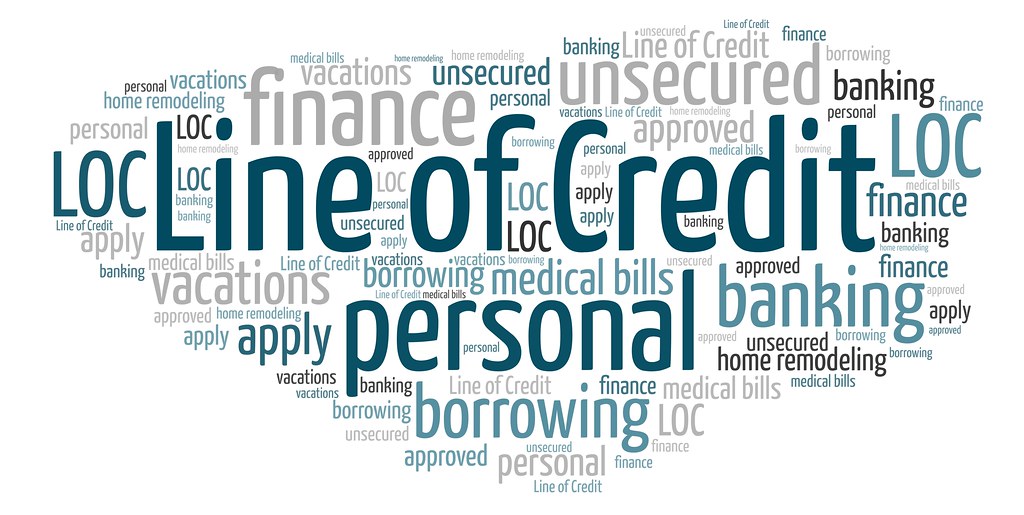What are the 5 Factors Affecting Your Credit Score?
While a credit score may only seem like a string of three digits, it is the primary factor that decides whether you can take out a car loan, mortgage, personal loan, and insurance. Having an excellent credit score means that you will secure lower interest rates, excellent loan terms, and lower monthly payments. On the other hand, a bad credit score can prevent you from getting a loan. Even if you do get a loan, it will have higher interest rates and monthly payments. Wondering what factors affect your credit score? Many aspects associated with your credit score help the credit bureaus calculate your score. Read the article further to understand what factors affecting your credit score and how you can improve your score.
What are the Factors Affecting Your Credit Score?
A credit score is determined through your credit history, which is impacted by several factors. Additionally, these factors can raise or drop your score. So, if you want to raise or maintain a good credit score, you need to consider these factors.
Payment History
When lenders see your loan application, the one thing that comes to mind is, “will they will get their money back?” Your history of paying bills, especially credit card bills, can significantly impact your credit score. It indicates whether you can be trusted to repay your loan or credit cards. With a higher score, you can assure lenders. Furthermore, it can account for 35% of your FICO score.
Payment history covers many factors, such as whether you pay your all accounts’ bills on time? Also, if you pay them after the due date, how late are you paying them? Are you 30 days or 60 days late? Or do you put off making payments for even longer? The later you pay, the more impact it will create on your score. Not only this, how frequently you miss monthly payments is also a red flag for lenders. Your payment history also shows if any of your accounts have been sent to collections. This shows your lenders that you may not pay back your loan. Bankruptcies, debt settlements, charge-offs, foreclosure, attachments, wage garnishments, lawsuits, liens, or public judgments in your history can hurt your score.
Amounts Owned
This is also one of the important factors affecting your credit score. Your use of credit, commonly known as your credit utilization ratio, helps lenders understand how responsible you are. To know your credit utilization ratio, you need to divide the revolving credit that you are using by your total revolving credit account limits. You will get a ratio that shows how dependent you are on non-cash funds. If you are using more than 30% of your credit card limit, your creditor will consider it a negative approach.
This factor also includes how much you owe on your accounts, such as auto loans, mortgages, credit cards, and installment accounts. Your score will be higher if you have multiple amounts, but you are managing all of them responsibly. Many people think that not owning at all is a good thing and improves the score. But that’s not the case. Owning a considerable amount of money, if not too much, helps your lenders understand whether you are trustworthy and responsible. 30% of your FICO score is decided based on your credit utilization rate.
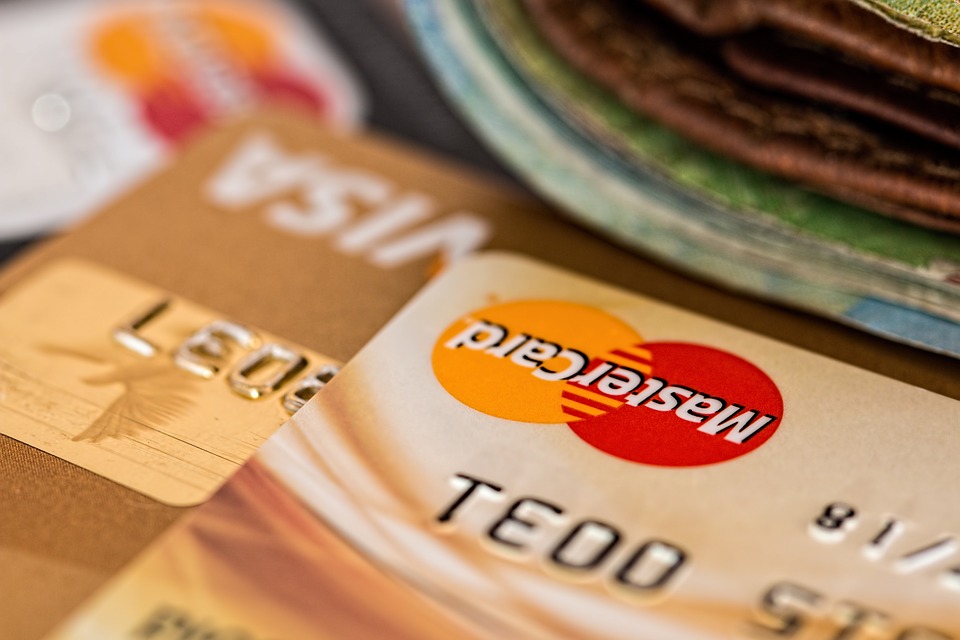
Credit History’s Length
Your credit history length accounts for 15% of your credit score. The score is calculated by considering how long you have been using your accounts, what is the average age of your credits, and how old is your first account.
Both long and short credit history is beneficial if you don’t make late payments or miss payments. Also, if you have a short credit history, it’s vital to have lower debt to build a good credit score.
Longer credit history with an excellent record makes you look extremely cautious about your financial health. It indicates that you have made minimal mistakes in the long run. So, you are likely to make few in the future, encouraging creditors to offer you a loan. This is why experts suggest not closing your accounts even if you are not using them, as the account’s age by itself helps you improve your score. You’ll notice a drastic change in your credit score if you close your oldest account.
Types of Credit
Having a good mix of different types of credit is one of the factors affecting your credit score. Types of credit that you can keep are store accounts, credit cards, mortgages, and installment loans. This factor also shows how many different accounts you have.
Types of credit account for 10% of your FICO score. Since it doesn’t cover a significant part of your score, you don’t need to worry about how many different accounts you have. Make sure to avoid opening accounts multiple times a week or month just to boost your credit score, as opening new accounts too quickly can drop your score.
New Credit
New credit accounts for 10% of your FICO score. This factor shows how many new amounts you have and when was the last time you applied for an account and got one. When a borrower applies for credit, the creditor usually runs a hard inquiry, also known as a hard pull. The hard inquiry is the process of checking your credit report and history during the underwriting procedure. Note that it’s completely different from the soft inquiry that usually occurs when you retrieve your own credit information.
On each hard inquiry by the lender, your credit score drops five points or less. However, if you have excellent credit history and minimal credit problems, the hard inquiry will impact your score negligibly. Also, a hard inquiry can stay on your credit report for almost two years. Therefore, opening new accounts is important, but you need to do it wisely. Having five or more accounts can serve you well, but make sure to avoid opening them together.
How to Improve Your Credit Score?
Now that you know what are the factors affecting your credit score, you need to learn how you can improve your score. Building your credit score is easy when you understand why you have a lower score. Of course, it will take effort and time, but building responsible habits can take your score towards the excellent credit score range.
The first thing you need to do is to get a free copy of your credit score. This will help you understand the factors that might impact your score. The next step is to start working on the factors that cause your credit score to struggle. Here are the most common things that you need to do to improve your score.
Keep Up with Monthly Payments
The easiest and simplest thing you can do is to start making monthly payments on time. Missing payments or paying after the due date can greatly impact your credit score. Keep in mind that your payment history accounts for 30% of your score. Opting for ways that don’t impact your credit history will help you improve your score.
Whether it’s your credit card payments, utility bills, or cell phone bills, remember to pay them on time. If money is no issue for you, then opt for automatic payments. This way, you will never stay behind on payments. If you don’t want to opt for this option, then ser reminders on your mobile phone to avoid forgetting to pay your bills.
Decrease Credit Utilization
As we have discussed, credit utilization is the amount of money you owe on your revolving account, such as a credit card, compared to your total revolving account limit. In general, your credit utilization ratio should not be more than 30%. However, if your ratio is higher, you need to try decreasing it to improve your score.
You can do this by making a larger payment on your credit card. This will help you reduce your credit utilization, which improves your credit score. To maintain credit utilization, try to use your credit less. This way, your credit utilization won’t negatively impact your score.
Increase Credit Limit
If it’s difficult for you to reduce your balance, thus lowering your credit utilization ratio below 30%, there are other ways to improve your credit utilization. The easiest way is to increase your credit limit because your limit is half of the ratio that decides your credit utilization rate. Contact your credit card lender, and ask them to increase your credit card limit. For this, they might ask you to apply for a credit card increase, or you might have to fill out a form. Follow whatever procedure they will ask you to do.
Few credit card lenders also allow borrowers to increase credit card limits online. Additionally, you will immediately know whether your lender approves the limit or not. While it’s important to increase your limits, it’s more important to hold back from using up your credit. If you do this, your effort will go to waste, and your credit score will come back down.
Use Old Cards
Since your old account’s age is one of the factors affecting your credit score, you can benefit from using old cards. All you need to do is make sure that your old accounts are not closed or inactive. Keep in mind that the length of your credit history is the third most important aspect determining your score. Your creditors want to see that you have long-lasting and positive relationships with other lenders. This assures that you will maintain a responsible relationship with them.
So, when you have a very old credit card that doesn’t have any history of problems like late or missing payments, you seem trustworthy. It also shows that you can make payments on time. If you are afraid that keeping old cards can encourage you to use them, leading to debt, it’s better to only use them for small purchases. Then, make the payment immediately. This will help you create a transaction history without going into debt.
Look for Errors in Credit Report
One in five individuals struggles with errors in their credit reports. This includes a report of late payments that you haven’t done, fraudulent accounts under your name, or missing payments on any one of your accounts. These things can negatively impact your credit history, leading to a lower credit score.
It’s important that you regularly check your credit score and credit report. A borrower can request one free report from each major credit bureau every year. You can also apply for the credit report through your lender if you want to get a report more than once a year. Additionally, if you find any inaccuracies that may signal fraud, address them immediately. You can also hire a financial expert like Credit Follows who can help you opt for the right method to eliminate discrepancies from your credit report.
Bottom Line
Types of credit, credit history length, the amount you owe on your accounts, new credit lines, and payment history are the five major factors affecting your credit score. These factors can cause either damage or improve your score based on how you manage your accounts. If you want to improve your score, it’s vital to avoid anything that can hurt your credit history, such as making late payments, opening mane accounts together, and missing your payments regularly.
Maintaining a good credit score can help you in the long run. You will be able to purchase mortgages, car loans, or insurance. You don’t have to find a creditor who offers personal loans to poor credit score holders. Not to mention, you don’t have to live without life insurance, as you will be easily eligible for the insurance if you have a good credit score. So, if you want to avoid financial problems, it’s best to keep your credit score between the good and excellent ranges.


